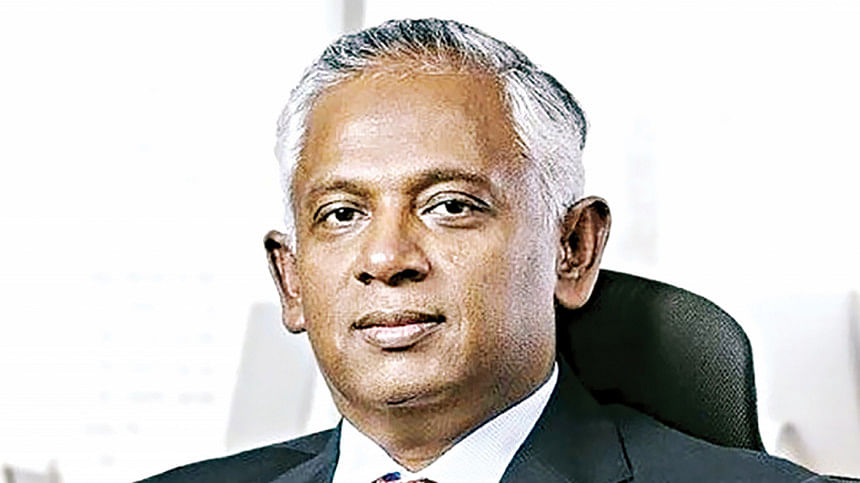Be kind, not blind!

Eid-ul-Azha was meant to be a lesson in sacrifice, empathy, generosity, and humility. But in our version, it often turns into a festival of flexing, where the size of your cow somehow reflects your spirituality, and the price tag gets more attention than the prayer. Families compete over "three cows and one goat", like it's an Eid IPL auction. Some even go so far as to buy cattle from helpless farmers using fake notes, turning a sacred act into a scam. Ironically, we celebrate a story of surrender while trying to outdo each other at the cattle market. Somewhere between the Instagram reels and the meat math, the true spirit of Qurbani gets butchered, long before the animals do.
In offices, there is always that one person, let's call him "Bhalo Manush". The one who is always ready to help: covering for absent teammates, fixing other people's slide decks at midnight, even lending money to colleagues with more excuses than payback plans. He does it all, expecting nothing in return, except maybe some basic decency. What does he get instead? Ignored emails, backstabbing during appraisal season, and the prestigious title of "nice guy" who somehow never gets the promotion. He learned that helping with expectations is a transaction; helping without expecting anything in return is an act of love, respect, kindness or grace, as Eid-ul-Azha teaches us.
Cruelty often overpowers kindness in corporate life, too; titles and tenure offer little protection. In a true incident, say Muneer, a highly successful CXO, was part of a trusted and well-performed leader in a multinational setup, reporting to multiple bosses in a matrix structure. Years of friendship and shared achievements vanished when a new, egocentric boss arrived. Muneer's long-time allies flipped sides, choosing power over principles, even resorting to lies to secure their positions. In Bangladesh and beyond, such betrayals are routine, where "going with the flow" often means sinking morality to keep careers afloat.
If this sounds familiar, you are likely someone who helps everyone, but gets forgotten when it matters most, is seen when needed, and is invisible afterwards. Organisations which support such practices are likely to suffer in business performance in the long run, as was the case with Muneer's company.
Research shows kindness at work is a key strength tied to authentic leadership and high-performing teams. A UC Berkeley study links compassion to emotional intelligence and success in leadership. Google's Project Aristotle found that kindness-driven psychological safety boosts team performance. A scoping review indicates that it reduces rudeness and increases job satisfaction. Kind leaders build trust (Financial Times, 2021). Agility PR also found kind brands earn stronger consumer support, proving that kindness delivers returns both inside and beyond the boardroom.
When kindness lacks boundaries, it stops being a strength and becomes self-destructive, a shortcut to burnout. So, what's the way forward? Be kind, absolutely. In a country where traffic signals are more decoration than direction, empathy still matters. But don't confuse kindness with self-sacrifice. Support colleagues, even superiors, guide interns, be there for friends, but not at the cost of your own worth. Learn to say "no" without a footnote. It's not arrogance, it's self-respect. Help others grow, but don't become their forgotten staircase. Many, like Muneer, found that once someone climbs, they don't look back, some even kick the ladder. These ladder-kickers thrive on selective friendliness, stolen credit, upward-only networking, and hoarding information. They rarely repay favours. Protect yourself. Invest your kindness in people who believe in mutual growth, not just their own promotion. Boundaries don't limit kindness, they preserve it.
Carry your kindness with pride, but protect it with firm boundaries. Be a source of light for others, but don't let them drain your energy to power their own spotlight. Help, support, and empower, but not at the cost of forgetting yourself. You deserve the same kindness you offer so freely to others.
The author is the president of the Institute of Cost and Management Accountants of Bangladesh and founder of BuildCon Consultancies Ltd.

 For all latest news, follow The Daily Star's Google News channel.
For all latest news, follow The Daily Star's Google News channel. 








Comments